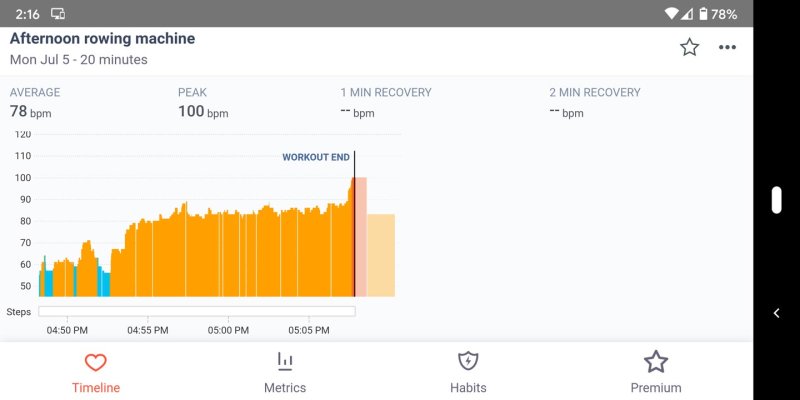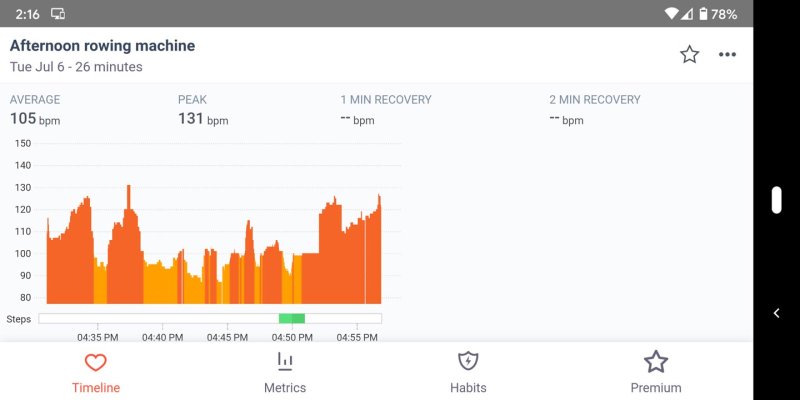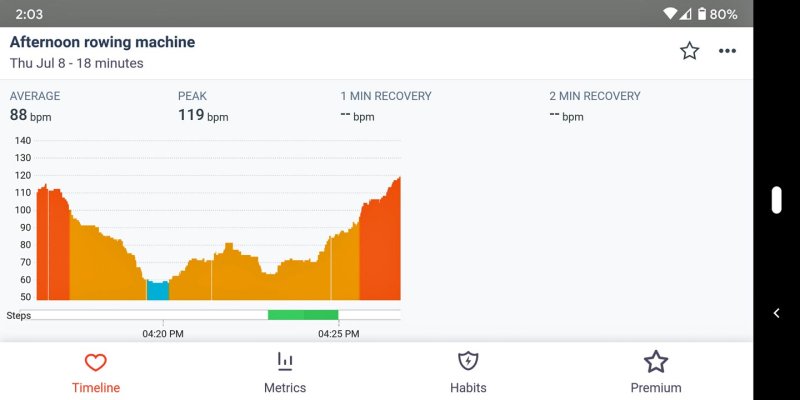DH had his first ablation about 6 years ago after 3 cardioversions. He was on meds prior but had some serious side effects with one. Almost 5 years to the day, his heart began racing uncontrollably. Off to the ER during Covid height, not fun. They had lots of trouble getting his Afib under control with meds and actually called his cardiologist because they wanted to do a cardioversion then and there. They were told no, get it under control with meds.
His cardiologist recommended a second ablation which he had a month later. So far so good with Afib rearing its ugly head only a couple of times. Initially we were worried that it didn't take as he had some scary heart rates. Don't recall how long, but it does take some time to see if the ablation is successful. Thank goodness for the Apple watch . If this one doesn't take, his cardiologist recommends a pacemaker.
. If this one doesn't take, his cardiologist recommends a pacemaker.
His cardiologist recommended a second ablation which he had a month later. So far so good with Afib rearing its ugly head only a couple of times. Initially we were worried that it didn't take as he had some scary heart rates. Don't recall how long, but it does take some time to see if the ablation is successful. Thank goodness for the Apple watch
 . If this one doesn't take, his cardiologist recommends a pacemaker.
. If this one doesn't take, his cardiologist recommends a pacemaker.


